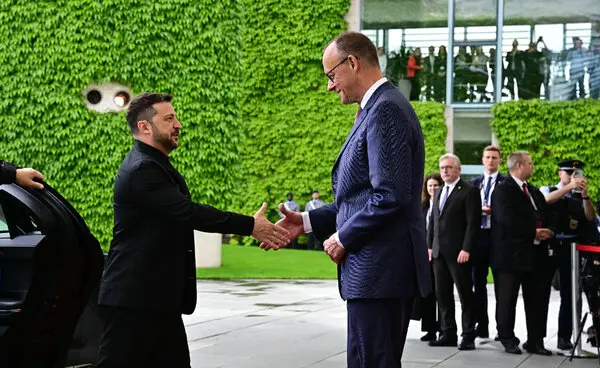In a war defined by geopolitical lines and nationalist rhetoric, a less-expected group is quietly reshaping the narrative—nomadic troops formed by Russian ethnic minorities are stepping up to help Ukraine.
As Russia’s war on Ukraine drags into its third year, dissent within its vast borders is growing—not just in big cities, but in its most remote, underserved regions. Ethnic minorities from areas like Buryatia, Kalmykia, and the North Caucasus have begun taking bold action, crossing lines—geographical and ideological—to fight alongside Ukrainian forces.
Why Are Russian Ethnic Minorities Supporting Ukraine?
It’s a question that might puzzle onlookers: Why would Russian citizens, especially those from remote and often marginalized ethnic communities, volunteer to fight for Ukraine?
The answer lies in a long history of inequality. Many ethnic minorities in Russia have been disproportionately affected by military conscription. Reports have consistently shown that areas populated by indigenous and ethnic communities suffer higher death rates in combat. Many young men from these regions are sent to the front lines with little say.
This growing frustration has fueled movements of resistance. For some, that resistance now includes joining nomadic troops aligned with Ukrainian interests. It’s not just about politics; it’s about reclaiming agency in a system that has long sidelined them.
Who Are These Nomadic Troops?
These units aren’t unified under a single command but are loosely grouped by shared heritage and a common goal: to fight for a free Ukraine and push back against what they see as internal colonization by the Russian state.
Troops made up of Buryats, Tuvans, and Chechens, for instance, have been documented joining or forming battalions under the Ukrainian military framework. They bring not only language and cultural differences but also a different perspective on Russia’s war. Many see it as a colonial war—one in which their own people have been weaponized.
Global Impact and the Bigger Picture
The presence of nomadic troops adds a new layer to the geopolitical chessboard. These fighters challenge the Kremlin’s narrative of a unified Russia, exposing cracks in its foundation. They also complicate the broader image of the conflict, reminding observers that this isn’t a simple East-vs.-West standoff.
Their actions serve as a symbolic and literal rejection of Russia’s internal oppression and its external aggression.
Final Thoughts
The emergence of nomadic troops from Russian ethnic minorities highlights the messy, human layers of modern warfare. These are not professional soldiers or headline-chasers. They are people trying to forge meaning in a chaotic world, standing up in a war they never asked for—but chose to join on their own terms.
Their decision to support Ukraine speaks volumes. And the world is starting to listen.



